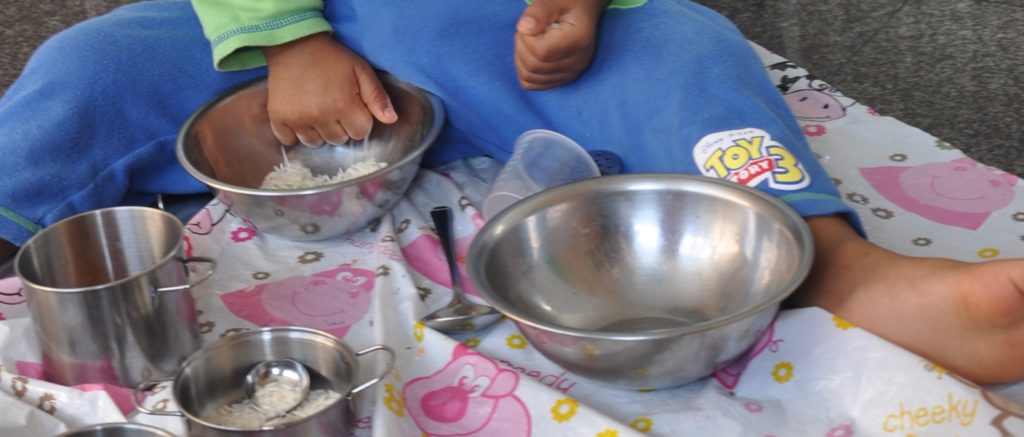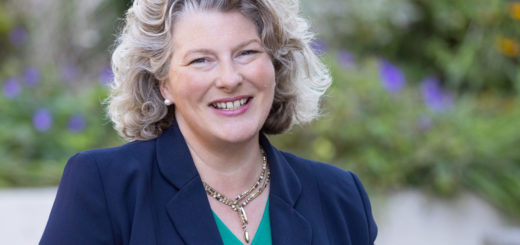Laying the foundation..
The main thing that every parent worries about when they have a baby is firstly, what schools to approach, what the registrations deadlines are and whether or not a particular nursery is a feeder to a good school or not. While having to put your child through an assessment at the tender age of 3.5 to 4 is not ideal, this is the norm now in most London prep and pre-prep schools. But you really shouldn’t worry too much. What most of the schools are looking for are just kids who listen, follow instructions and are sociable.
Having said that though, gaining an academic advantage through play would not go amiss. Although the schools are looking for potential at the outset, if they are impressed with a child’s academic ability, the likelihood is ofcourse that they will look more favourably on that particular child. Especially so, if he/she ticks all the other boxes as well. Therefore, starting preparation early on would ofcourse be helpful.
Actually though, what you need to do, is probably what you are doing already. In order to prepare for it , there doesn’t need to be a lot of structured activities for your child to focus on. Tutoring your child at this age really should not be the first option.
While the schools are each looking for the kind of child who will fit in best (they do, generally have a knack for picking the right child for the right school), there is an element of luck involved and sometimes, more often than not, it certainly feels like a lottery.
That said, below are a few things you can do from an early age to set your child on the right path.
- The most important thing is that you spend time with your child chatting through lots of general, different topics that may come up in conversation. e.g. Whether or not it is a hot day/a cold day, what they feel, why they are wearing whatever it is that they are at the time etc.
- Remember that what most of the schools are testing to see, is whether or not your child is responsive and can follow instructions.
- Basic handwriting skills and blending words would be an advantage. Reading would be a distinct advantage. Read aloud to your child. Point out words as you read so that your child becomes familiar with high frequency words.
- Teach your child to gain an interest in the natural world and question things around them. Encourage and help them to find answers to their questions be it via informational websites or books. Do the research together.
- Play with them. Encourage them to gain an interest in figuring out puzzles, counting games, alphabet songs etc. There are some good TV programmes that encourage children to blend like Alphablocks on CBeebies.
- Help them with their cognitive skills by playing with small items e.g. picking up buttons, grains of rice from the floor etc to encourage finger co-ordination which will help with improving their pencil grip.
- Let them help with household chores. For example, they could help you/your housekeeper load clothes and take them out of the washing machine. You could give them small things to do when you are cooking their dinner. E.g. a well boiled egg, half a carrot or potato that is soft enough for them to cut with a safe, plastic knife. Let them sprinkle salt and pepper on food.
- Talk through everything you are doing if they are around and they are helping you.
- Encourage them to tell you about their day. Tell them about yours first if all you get is “I didn’t do anything” or “I can’t remember”.
- Use a blackboard/whiteboard that is set up on an easel and lots of coloured chalk/pens to start practising drawing and writing. Doing this strengthens their pencil grip.

I am sure other mums who have been through the process will have lots of ideas as well. Please feel free to comment below and share if you think of anything I have left out.
If you need any further detailed information on the subject, please feel free to contact us on [email protected]










